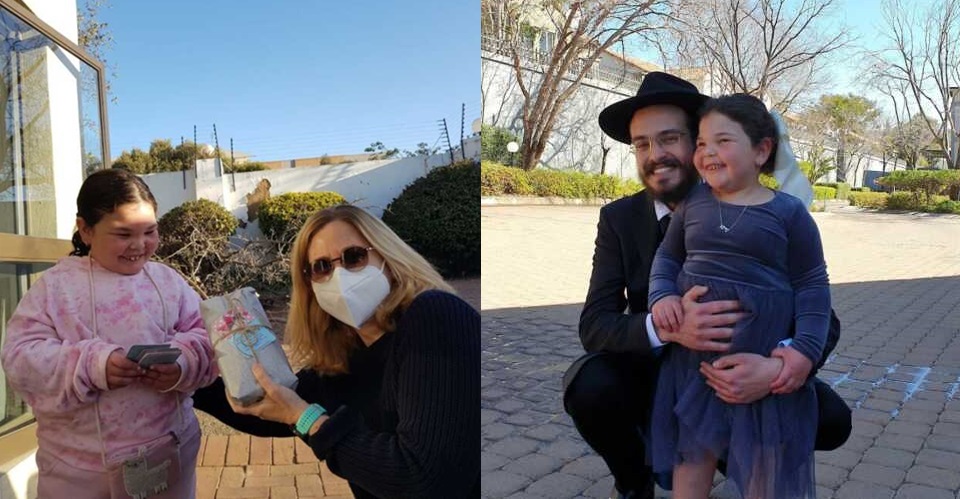A rare diagnosis changed their map, but Shaina’s everyday kindness changed their world. On a warm Wednesday in Johannesburg in December 2016, a family thought they were wrapping up an ordinary school year. Power cuts had the house quiet; their son came home with classmates’ signatures on his shirt, and the parents, Ari and Naomi, expected a slow afternoon. Minutes later, their teen daughter burst into Ari’s office across the street: something was wrong with little Shaina.
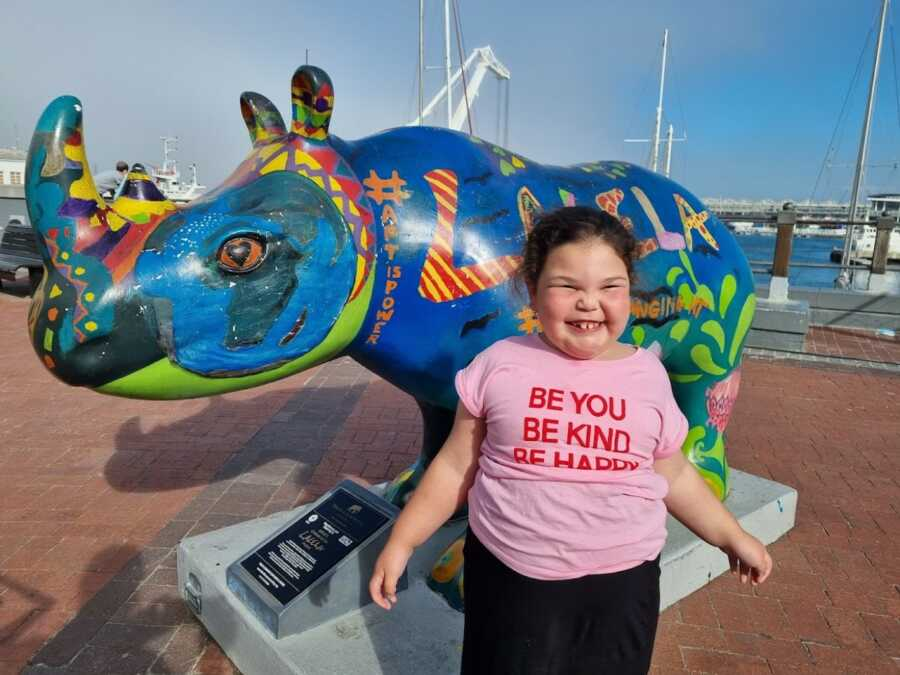
Ari sprinted home. Naomi sat at the door, terrified, cradling Shaina, rigid, flushed, lips tinged blue, breathing fast and shallow. Thinking she was choking, Ari tried back blows and abdominal thrusts. Nothing changed. When Naomi reached into Shaina’s mouth, Shaina bit her. That’s when they realized she was seizing. First responders poured in, turning the dining room into a flashing emergency bay, leads on her chest, a blood pressure cuff, glucose checks, and frantic attempts at an IV. Ari stayed steady until someone rolled in a defibrillator; then the fear hit. They didn’t use it, but the team’s words on the way to the ambulance were chilling: “She’s in a severe condition.” The seizure lasted over an hour. More would follow over the next eighteen months.

Medication finally controlled the fits, but Shaina still struggled, barely speaking, unsteady, not toilet-trained. She’d been born seven weeks early, so the family had always linked her delays to prematurity. Her neurologist wasn’t convinced. Tests began. A genetic screen in the U.S. delivered an answer the local doctors had never seen: BPAN, Beta-propeller Protein-associated Neurodegeneration. Shaina was South Africa’s first known case. BPAN was discovered only in 2012. There’s no cure. Over time, iron accumulates in the brain, causing severe developmental delays, minimal speech, and later regression into symptoms like those seen in Parkinson’s and Alzheimer’s.
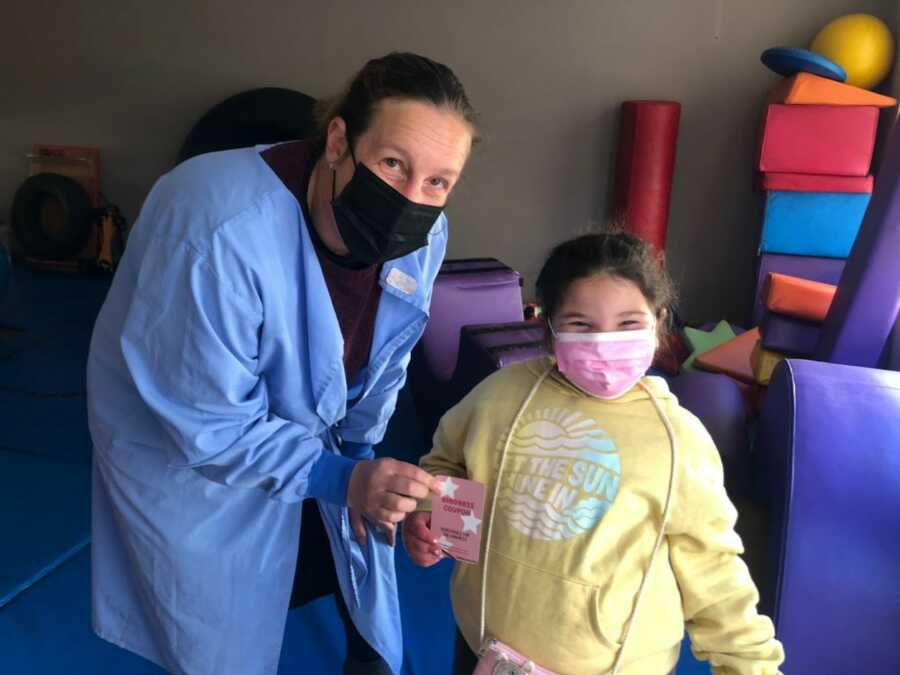
The diagnosis knocked the wind out of everyone. Then the pandemic slowed life and gave the family space to breathe, regroup, and decide how they would move forward. They chose not to let BPAN define Shaina. They would define her by her sunshine. And sunshine is what she brings. Shaina’s smile draws people in; shopkeepers hand her flowers; strangers light up around her. Because she doesn’t answer the usual icebreakers, her parents designed small “kindness coupons” for her to give out: “Hi, I’m Shaina. I’m super-rare because I have a super-rare condition called BPAN.”
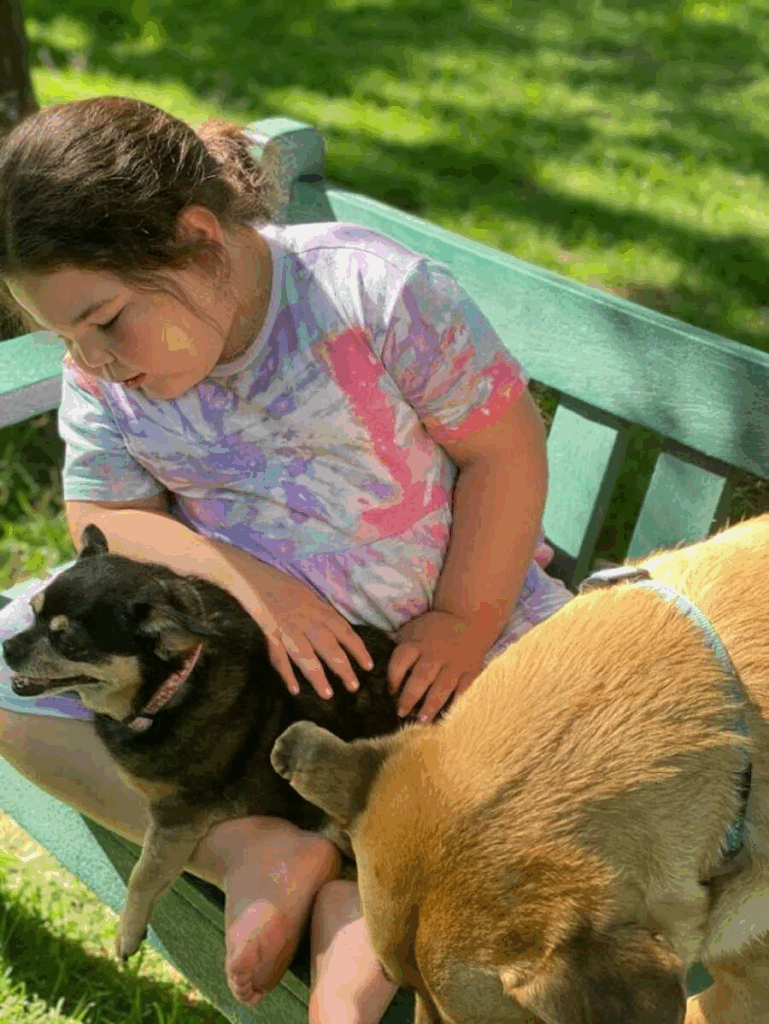
The card thanks the person for their kindness and nudges them to pass it on. Shaina loves handing them out. Soon, the family widened the idea. New cards read, “I’ve been inspired by a super-rare kid called Shaina,” and the hashtag #akinderworldnow, also a wink to “kinder,” the Yiddish word for children. Despite lockdowns, Shaina launched her kindness campaign in several schools, sharing over 5,000 cards with doctors, pilots, first responders, waiters, politicians, and people on the street. The project even made national TV; plans grew for 100 more kindness efforts in South Africa and beyond.
Daily life still takes careful managing. Shaina needs close medical attention. She sleeps poorly, eats little, and can be frightened by something as simple as soft rain. Watching classmates advance while she remains in a younger class can sting. But Shaina is wrapped in love, by a mainstream school with true inclusion, doctors and carers who dote on her, peers who treat her like a hero, and a community that shows up.
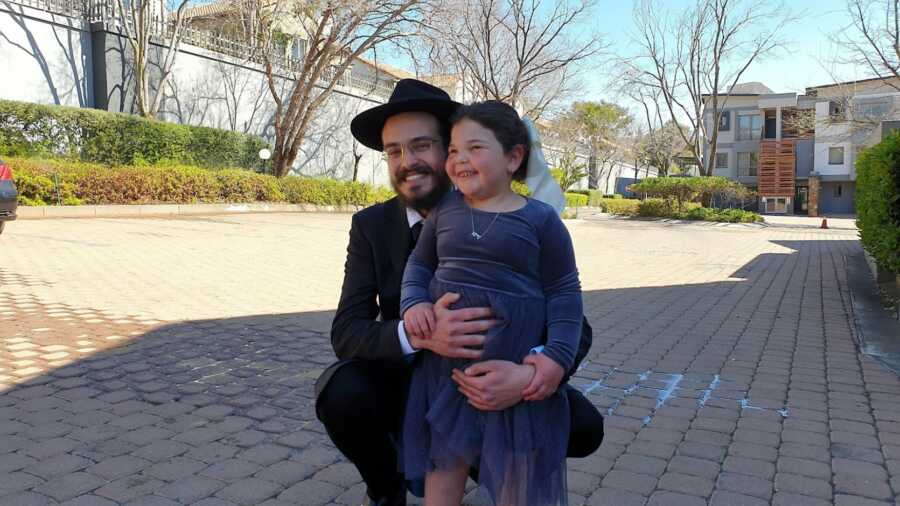
Most of all, she fills her home with joy. She wakes smiling, sings the wrong lyrics loudly, shows off painted nails, and gives hugs people talk about for days. She is a teacher in her own way, reminding the family to notice light, laugh first, and love without sorting people into boxes. Her Hebrew name, Shaina Brocha, “beautiful blessing,” fits her perfectly.
